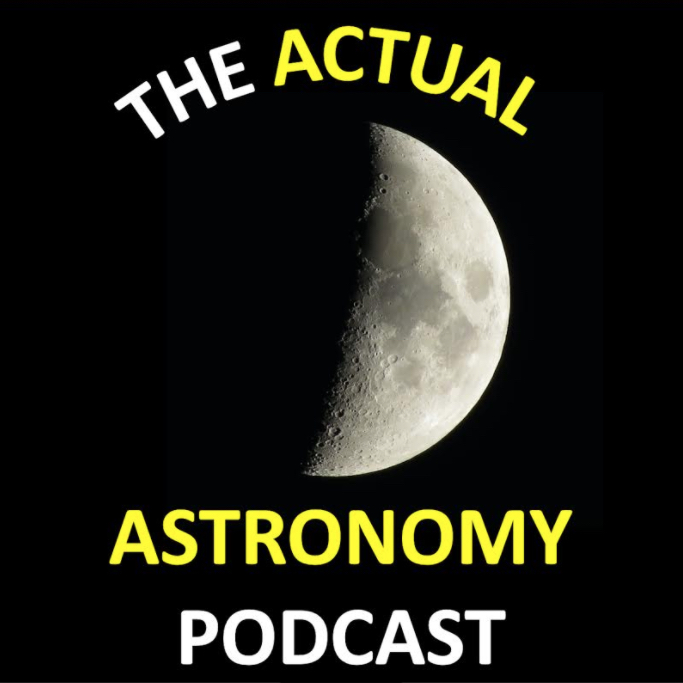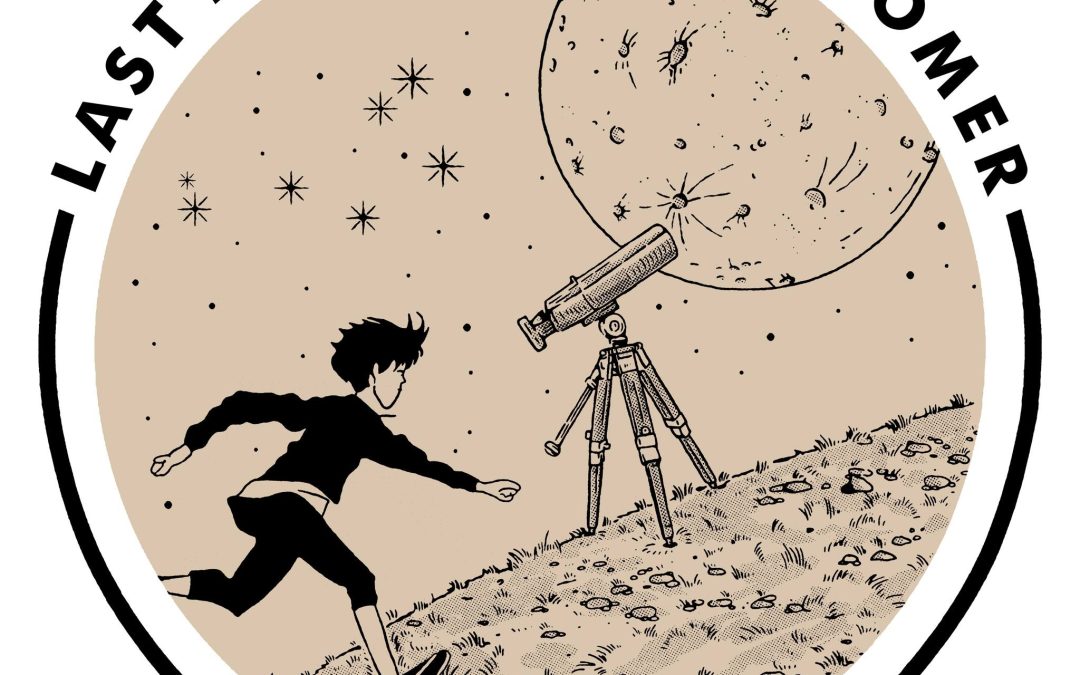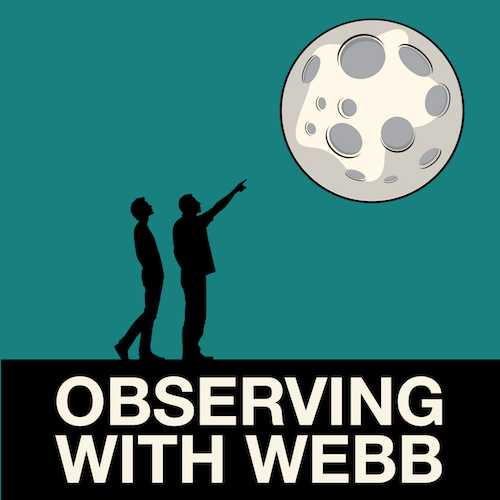The Actual Astronomy talk about the Moon as it pairs with Saturn, Mercury and Mars. Also the chance to see Clavius Crater or Mare Orientale.


The Actual Astronomy talk about the Moon as it pairs with Saturn, Mercury and Mars. Also the chance to see Clavius Crater or Mare Orientale.

June brings us the quote “Parade of Planets”…well, sort of…Listen up as I discuss which planets are visible, which aren’t, and when the Moon will pass by them.

May brings us reliable sights with slow-rolling changes. Mercury, Mars, Saturn, and the Moon all dance in the morning twilight all month as we gear up for Spring and Summer constellations.

The Observer’s Calendar for December from @ActualAstronomy presents spotting Uranus Naked Eye, Catching the Geminid Meteor Showers, see some asteroids while the Moon Pairs with Venus, Mercury, Saturn and Jupiter, and on December 30th we finally get a double shadow transit on Jupiter for everyone in North America!

Our journey through space missions continues. Now we move away from the Earth to the rest of the solar system. What’s out there orbiting, roving and flying on other worlds and in interplanetary space. Today we look inward and we’ll talk about the missions studying the Sun, Mercury and Venus.

Time for Observer’s Calendar and @ActualAstronomy discuss about watching the Planets Jupiter, Uranus, Neptune and Saturn pair with our Moon in the evening sky as well as other sights to see in September

Time for what’s up this month in August. In this episode @ActualAstronomy In this episode we’ll talk about watching the Planets Mars, Venus, Mercury, Jupiter and Saturn and our Moon.

Lets check out what’s up in July sky as @ActualAstronomy talk about watching the Planets Mars, Venus, Mercury and our Moon in the evening sky as well as other sights to see in the July Night Sky.

Today’s Actual Astronomy talk about how to find and observe Mercury during its best evening elongation for 2023 this April and then go over some of the pairings of the Moon and planets before concluding with Venus

Not too much going on this January, other than lots of planets to see, Saturn and Venus passing within 1˚, and PERHAPS a naked-eye comet.